category: Michael Davidson

The Added Bonus of Board Service: Leadership and Management Training
by Michael Davidson
Board members can strengthen their ability to work with a team, see issues from different perspectives, and reach decisions by consensus. They learn how to represent an organization, speak about it passionately, develop relationships and obtain important resources.
Read More
Achieving Board Diversity and Inclusion
by Michael Davidson
This is a critical time in our history as we finally begin to acknowledge our national failure to take seriously our commitment to equity and the strength we derive from our diversity. Implementing the values of Diversity, Equity and Inclusion carries some special challenges for Boards of Directors.
Read More
Developing Rules of the Road
by Michael Davidson
Coaches develop by learning from their players. They watch and learn by reflecting on the skills and qualities that underlie their player’s success. In this newsletter, I’d like to share some of what I have been learning from my clients.
Read More
Transitioning from a Founding Board
by Michael Davidson
A small board cannot establish all of the needed committees. It is however important to lay the foundation for a full committee structure by establishing one or two committees to develop committee management practices.
Read More
Five Best Board Practices #5: Strengthen the Leadership Culture by Building the Board as an Effective Team
by Brian Saber
The time to strengthen your board is now, even with everything else on your plate. During the pandemic, critical issues are constantly arising for non-profits, and if your board is not working efficiently and strategically as a team, it can’t take ownership of the issues. Michael Davidson and Brian Saber are bringing you this series of blog posts to help you build the strongest board possible at this time.
Read More
Five Best Board Practices #4: Use Board Meetings Really Well
by Brian Saber
The time to strengthen your board is now, even with everything else on your plate. During the pandemic, critical issues are constantly arising for non-profits, and if your board is not working efficiently and strategically as a team, it can’t take ownership of the issues. Michael Davidson and Brian Saber are bringing you this series of blog posts to help you build the strongest board possible at this time.
Read More
Five Best Board Practices #3: Focus on Recruitment
by Brian Saber
The time to strengthen your board is now, even with everything else on your plate. During the pandemic, critical issues are constantly arising for non-profits, and if your board is not working efficiently and strategically as a team, it can’t take ownership of the issues. Michael Davidson and Brian Saber are bringing you this series of blog posts to help you build the strongest board possible at this time.
Read More
Five Best Board Practices #2: Focus Board Committees or Ad Hoc Teams on Working with Staff on Specific Tasks
by Brian Saber
The time to strengthen your board is now, even with everything else on your plate. During the pandemic, critical issues are constantly arising for non-profits, and if your board is not working efficiently and strategically as a team, it can’t take ownership of the issues. Michael Davidson and Brian Saber are bringing you this series of blog posts to help you build the strongest board possible at this time.
Read More
Five Best Board Practices (Especially During COVID-19) #1: Engage a Board Leadership Team on a Regular Schedule
by Brian Saber
The time to strengthen your board is now, even with everything else on your plate. During the pandemic, critical issues are constantly arising for non-profits, and if your board is not working efficiently and strategically as a team, it can’t take ownership of the issues. Michael Davidson and Brian Saber are bringing you this series of blog posts to help you build the strongest board possible at this time.
Read More
The Top Two Reasons Your Board Doesn’t Fundraise: Reason 2
by Michael Davidson
Your board members joined your board because they believed in the change your organization is committed to (your vision) and how you make that change (your mission). Unfortunately, while that belief in your vision and mission continued on a cognitive level, not enough has happened to create the emotional connection necessary to motivate them to use their networks to cultivate potential donors.
Read More



